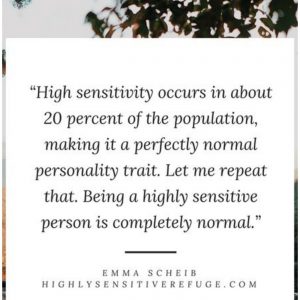Alternative Treatments for ADHD
There are alternative treatments available for ADHD – some of them quite effective. This may come as a relief to parents and caregivers who want to avoid medication, or for those who simply want to explore alternative treatments.
Biofeedback
This relatively new treatment option involves measuring the brain waves of a person with ADHD, and translating those brain waves into a discernable consequence.
For example, a child with ADHD plays a video game, and as long as he pays attention, he can play; but if his brain waves show that his attention beginning to wander, the game stops. This type of treatment is said to make the patient aware of his or her brain activity and the resulting symptoms so that the patient can take control and make changes to his or her concentration and focus.
Nature
“Nature Deficit Disorder” is becoming an accepted term these days. Interestingly, there is evidence that nature deprivation may in fact play a role in ADHD. Children who regularly experience time outdoors in a natural setting may find their ADHD symptoms decreasing.
Diet
Studies have shown that changes in the diet can improve ADHD symptoms. For a dietary plan that meets your and your family’s needs, it’s a good idea to work with a professional in this field. But generally speaking, the “ADHD Diet” emphasizes whole, fresh, organic foods, a decrease in sugar consumption, and the elimination of artificial colors, flavors, and preservatives. Many ADHD diets also cut out gluten.
Behavioral Therapy
Often suggested in combination with medication, behavioral therapy teaches parents and kids alike on how to shape the behavior of the child with ADHD. Parents are instructed as to how to speak to and teach their ADHD child, and the child learns through positive rewards for appropriate behavior while working to eliminate inappropriate behavior. Skills like time management and organizational skills are taught in behavioral therapy.
Talk Therapy
Considered particularly helpful for adults with ADHD, talk therapy can help an ADHD patient work through his or her feelings and receive some coping advice from the therapist. Talk therapy can help with some of the frustration and depression that ADHD patients sometimes experience.
Exercise
Children who get regular exercise may be less likely to exhibit ADHD symptoms, sources say – and children who have been diagnosed with ADHD may experience a decrease in symptoms if they participate in regular exercise.
Environmental Changes
Some people choose to alter their environment and/or that of their ADHD child(ren) in order to decrease symptoms. Environmental changes that may be of benefit in managing ADHD symptoms include:
* Establishing a daily routine
* Establishing a regular bedtime
* De-cluttering the home and the child’s room
* Reducing exposure to pesticides and other potentially problematic chemicals




